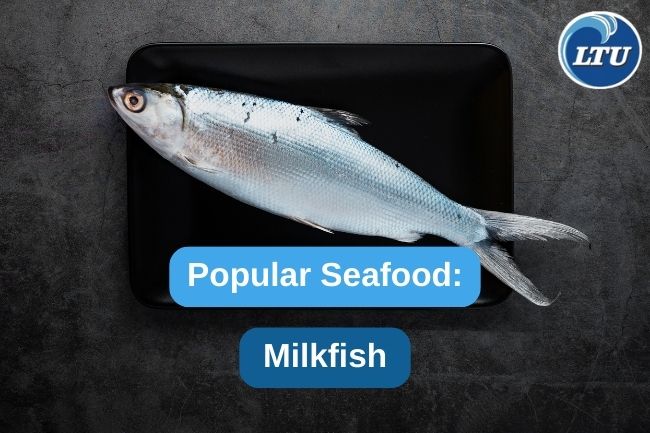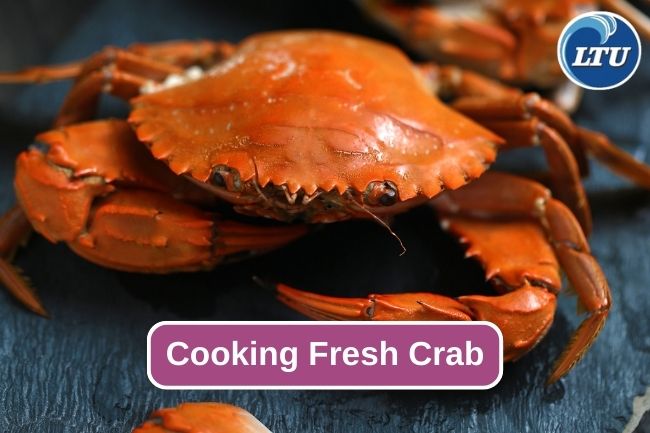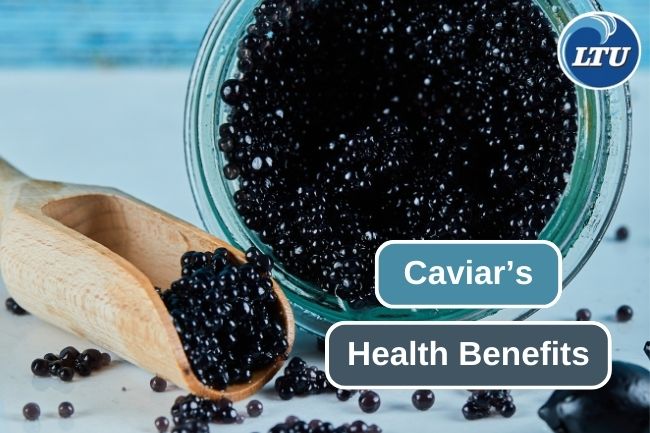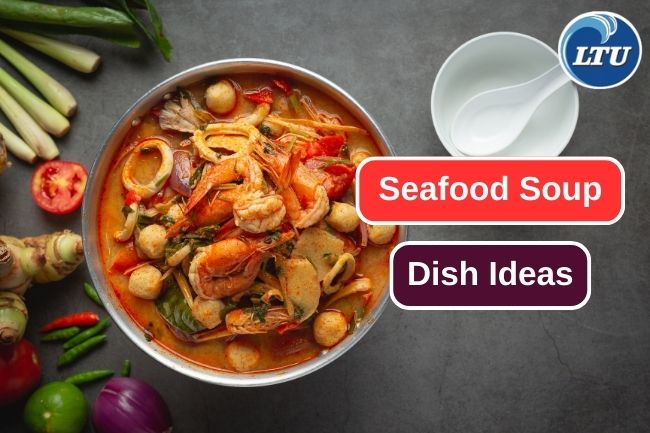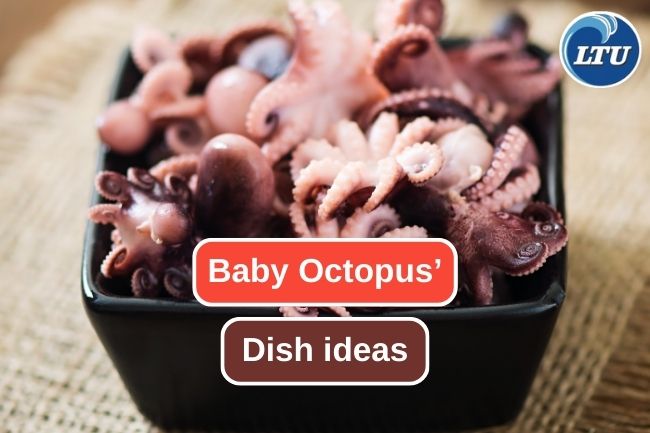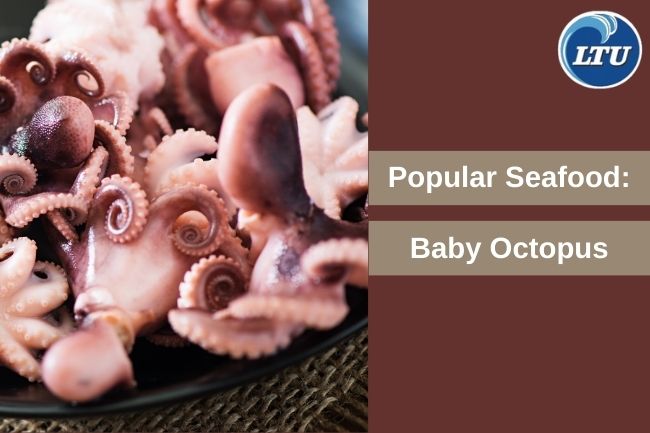Note This Limits To Consumes Clam Safely
By. Nevanda - 08 Jun 2023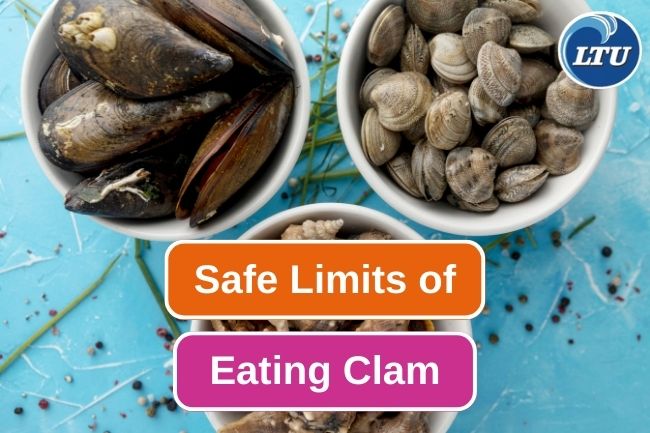
lauttimur.com - The amount of clams that is safe to consume can vary depending on factors such as individual tolerance, health conditions, and the specific type of clam. However, in general, it is recommended to follow the guidelines for seafood consumption provided by reputable health organizations, such as the U.S. Food and Drug Administration (FDA) and the Environmental Protection Agency (EPA). These guidelines aim to minimize the risks associated with potential contaminants in seafood, including clams.
Read also: You Should Thaw Frozen Fish Correctly
The FDA and EPA recommend that most adults can safely consume up to 12 ounces (340 grams) of a variety of seafood, including clams, per week. However, for certain individuals, such as pregnant women, nursing mothers, and young children, there may be specific guidelines and restrictions regarding seafood consumption due to concerns about mercury and other contaminants. It is advisable to consult with a healthcare professional or refer to the specific guidelines provided by your local health authorities for any dietary recommendations or restrictions that may apply to you.
Clams, like other seafood, can contain trace amounts of mercury, which is a naturally occurring element found in the environment. Mercury enters water bodies through various sources such as industrial pollution and is converted into methylmercury, a toxic form that can accumulate in fish and shellfish.
Read also: Squid’s Life Cycle In 5 Stages
As clams consume microscopic organisms, including phytoplankton and zooplankton, they can accumulate mercury present in those organisms. Mercury can bioaccumulate, meaning it increases in concentration as it moves up the food chain. Consequently, clams can accumulate methylmercury from their diet over time.
Additionally, it is important to ensure that the clams are sourced from reputable suppliers and are properly handled, stored, and cooked to reduce the risk of foodborne illnesses. If you have any specific health concerns or dietary restrictions, it is always best to consult with a healthcare professional for personalized advice.
Read also: 8 Ways On How To Prevent Algal Blooms

